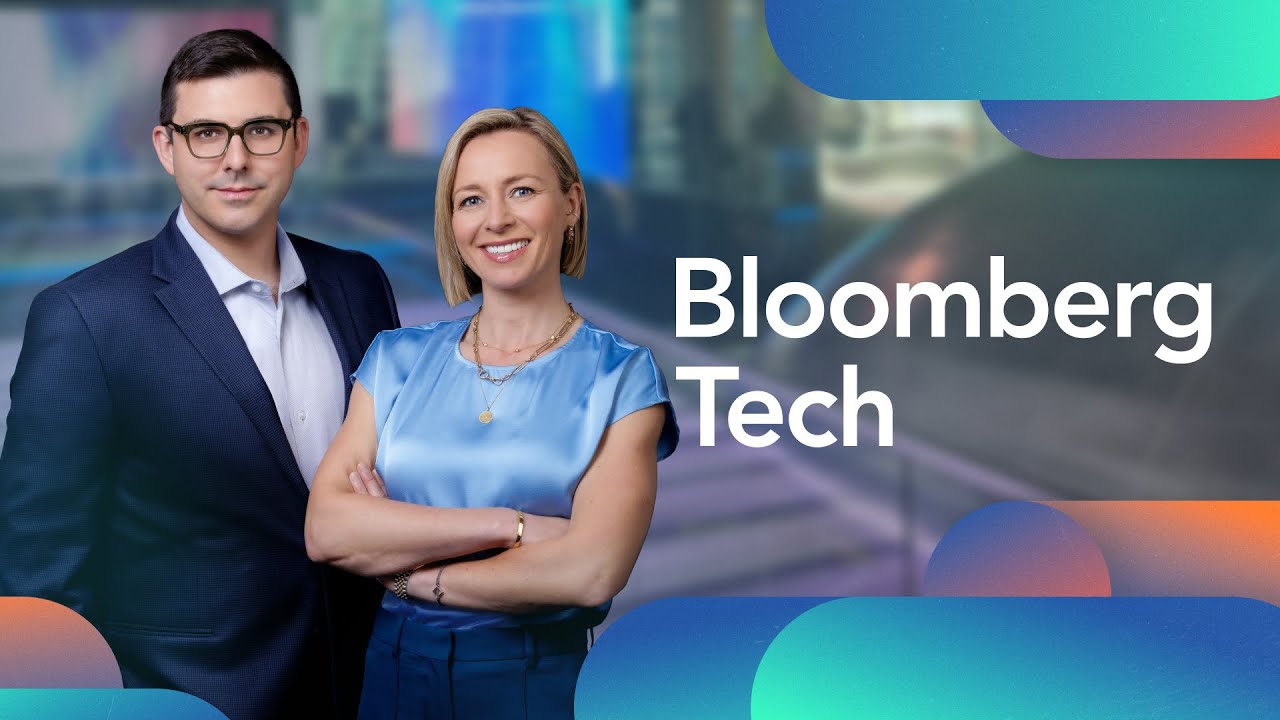SoftBank’s Masayoshi Son proposes a $1 trillion AI hub in Arizona to advance manufacturing and robotics, while experts remain cautious about its feasibility amid geopolitical tensions affecting semiconductor supply chains. The segment also covers developments in autonomous vehicles, Meta’s new AI smart glasses, Microsoft’s workforce changes, quantum computing progress by IBM, and the growth of AI-driven delivery robots by Coco Robotics.
The Bloomberg Tech segment opens with a broad overview of current tech and geopolitical developments impacting the AI and semiconductor industries. Masayoshi Son of SoftBank is pitching an ambitious $1 trillion AI hub project in Arizona, aiming to build advanced manufacturing and robotics facilities, potentially involving key players like TSMC and Samsung. While the scale of the investment is massive, experts express skepticism about the timeline and feasibility, noting that such large-scale projects often face financing and regulatory hurdles. The discussion also touches on U.S. government moves to tighten restrictions on semiconductor equipment exports to China, which could impact companies like TSMC and Samsung, particularly in their lower-end chip production.
The conversation then shifts to the autonomous vehicle market, highlighting Baidu’s plans to expand its robotaxi services in Singapore and Malaysia, alongside Tesla’s imminent robotaxi launch in the U.S. Experts emphasize the safety benefits of autonomous driving technology, citing significant potential reductions in crashes and fatalities. However, regulatory challenges and technological limitations remain, especially regarding fully driverless operations. The cost of autonomous vehicle technology is expected to decrease over time, making it more accessible, with Tesla offering its Full Self-Driving (FSD) package at a relatively affordable price point compared to competitors like Waymo.
Meta’s new AI-enhanced Oakley smart glasses, priced at $399 and targeted at athletes and thrill-seekers, are also featured. Despite improved features such as better video quality and water resistance, analysts remain cautious about Meta’s ability to scale sales significantly, given the company’s ongoing heavy losses in its Reality Labs division and challenges in building a robust ecosystem comparable to Apple’s. The glasses represent a strategic pivot from VR headsets to more practical smart glasses, but widespread adoption and profitability remain uncertain.
The segment further covers Microsoft’s ongoing workforce reductions, particularly in sales roles, as the company balances heavy investments in AI data centers with margin pressures. The evolving relationship between Microsoft and OpenAI is also discussed, highlighting contract renegotiations as OpenAI seeks more independence amid growing compute demands. This dynamic reflects broader tensions in the AI industry between large tech firms and emerging AI startups, with significant implications for future innovation and investment.
Finally, the program explores advancements in quantum computing, featuring IBM’s roadmap toward building the world’s first fault-tolerant quantum computer, Starling, expected to vastly outperform current machines by 2029. IBM emphasizes an open ecosystem approach, integrating quantum computing with classical CPUs and GPUs to tackle complex problems, including AI and molecular simulations. The segment concludes with a look at Coco Robotics, a startup backed by Sam Altman, which is scaling autonomous last-mile delivery robots in multiple cities worldwide. Despite challenges like regulatory approval and urban navigation, the company sees strong demand driven by rising delivery costs and consumer interest in AI-powered services.
